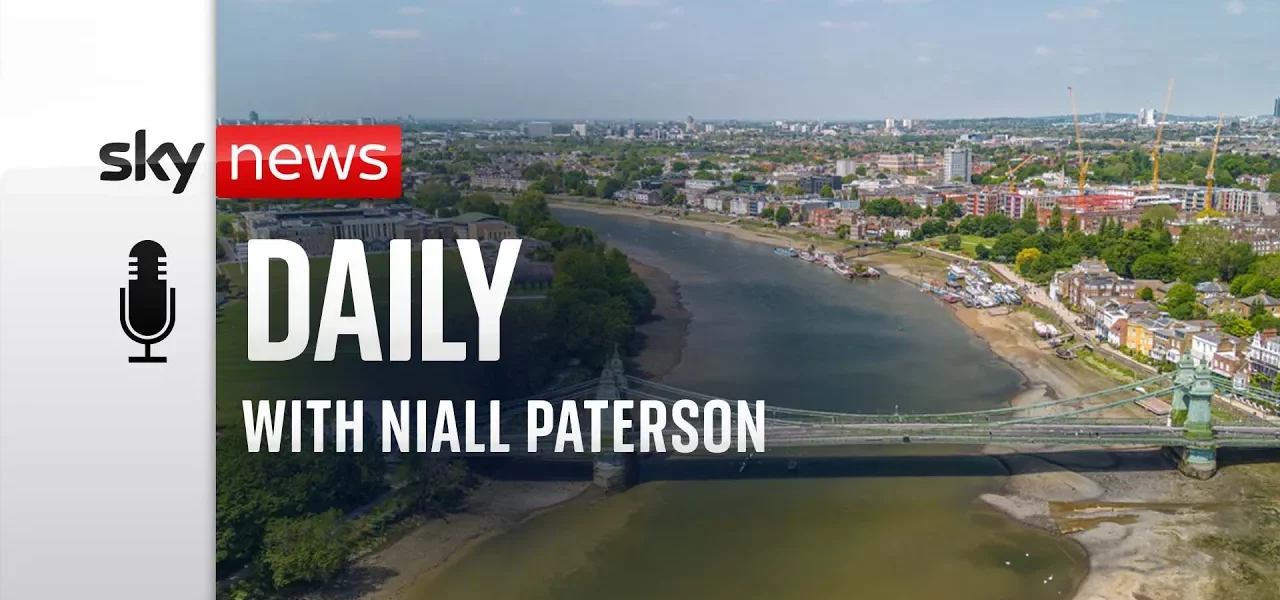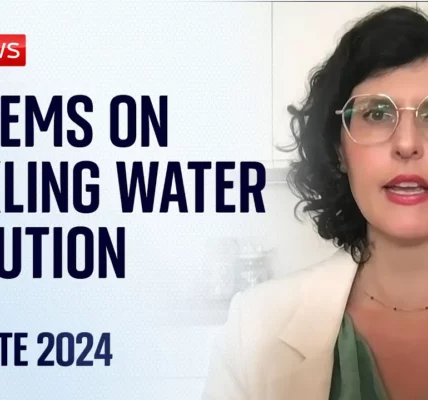Sky News Daily: Grenfell Tower Inquiry and Water Industry Plans

In today’s edition of Sky News Daily, we delve into the pressing issues stemming from the Grenfell Tower inquiry and the significant reforms proposed for the UK’s water industry. As the nation grapples with the aftermath of Grenfell and the ongoing pollution crisis in our rivers, we explore the complexities of justice, accountability, and environmental reform.
Introduction
The Grenfell Tower fire, which tragically resulted in the loss of 72 lives in 2017, serves as a somber reminder of the potential consequences of negligence and corporate mismanagement. The inquiry into the incident has raised crucial questions about accountability and justice, particularly regarding the potential for criminal prosecutions. Simultaneously, the UK faces a growing crisis in its water industry, where significant profits are being reported amidst widespread pollution. This article explores both topics in depth, examining the implications of the inquiry’s findings and the government’s proposed reforms for the water sector.
The Grenfell Tower Inquiry: An Overview
The final report from the Grenfell Tower inquiry was recently published, concluding that all 72 deaths were avoidable. This finding has prompted survivors and bereaved families to demand justice, specifically through criminal convictions. The police have indicated that they are 12 to 18 months away from passing files to the Crown Prosecution Service (CPS). This delay raises critical questions about the efficacy of the justice system and the potential for accountability.
Key Findings of the Inquiry
- All deaths were deemed avoidable.
- Systemic failures in building regulations and corporate accountability were identified.
- Survivors and families are seeking criminal charges against those responsible.
Calls for Criminal Prosecution
Families are advocating primarily for manslaughter charges, linking the negligence directly to the cause of the deaths. However, corporate manslaughter cases are notoriously difficult to prosecute due to the complexities involved in identifying responsible parties within large organizations.
The Challenges of Corporate Accountability
Understanding corporate manslaughter is essential in the context of Grenfell. Corporations have a distinct legal identity, which complicates the prosecution process. The law requires that the crime be linked to the actions of individuals in control of the corporation, often making it challenging to hold the company accountable for its actions.
Systemic Issues in the Justice System
The current state of the criminal justice system is a significant factor contributing to the delays in the Grenfell Tower case. The system is underfunded and overwhelmed, leading to backlogs that can stretch for years. High-profile cases, such as those involving sexual violence, have also seen significant delays, further complicating the landscape of justice.
Public Inquiries vs. Criminal Prosecutions
It is crucial to differentiate between public inquiries and criminal prosecutions. An inquiry aims to establish facts and learn lessons, while a prosecution seeks to punish wrongdoing. This distinction often leads to public frustration when inquiry findings do not lead to immediate legal action.
Labor’s Plans for the Water Industry
Shifting focus to the water industry, the government has announced significant plans to address the ongoing crises of pollution and infrastructure failures. The new environment secretary has proposed reforms to enhance regulations and accountability within the sector.
Key Proposals by the Environment Secretary
- Strengthening regulations to enable the Environment Agency to prosecute water company executives.
- Implementing a review of the water industry to assess its current state and future needs.
- Limiting bonuses for water company executives to create accountability.
The Need for Comprehensive Reform
Despite existing laws, there has been criticism that regulators have not utilized their powers effectively. The proposed reforms aim to ensure that water companies are held accountable for their actions, particularly concerning pollution and infrastructure maintenance. However, skepticism remains about whether these reforms will lead to meaningful change.
Conclusion
The Grenfell Tower inquiry and the issues surrounding the water industry highlight significant challenges in accountability and justice within the UK. As families seek justice for the avoidable deaths at Grenfell, the water industry faces scrutiny for its role in environmental degradation. The government’s proposed reforms signal a potential shift towards greater accountability, but whether these changes will translate into real progress remains to be seen. It is essential for the public to stay informed and engaged in these discussions to ensure that both justice and environmental integrity are prioritized. For further insights and updates, stay tuned to Sky News Daily.
“`




